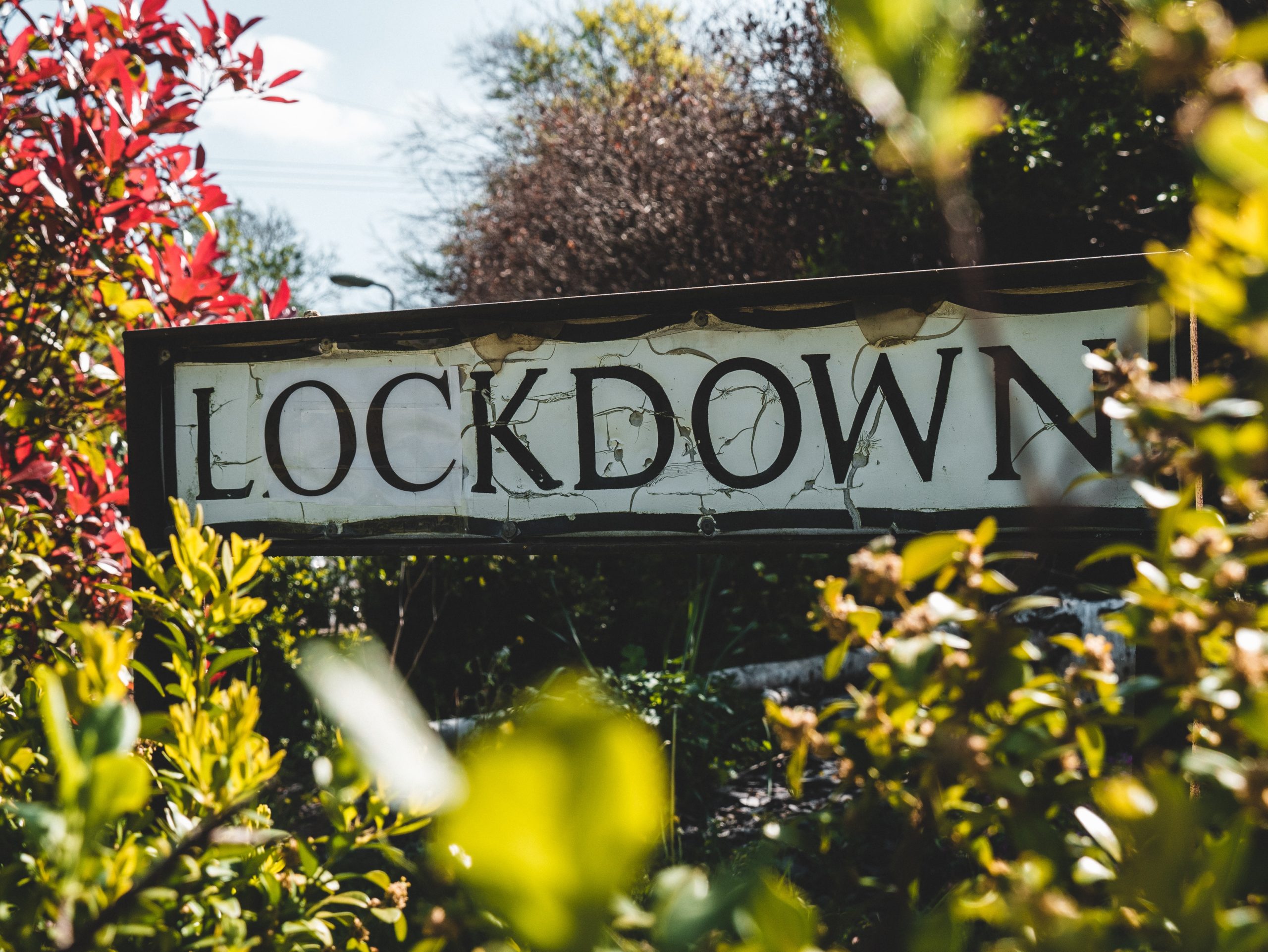Covid 19 has forced us to learn many new things, but can we count resilience as one of them?
2020 has been a year of great sadness and difficulty, with no aspect of day to day life left untouched. What was once considered normal has been turned upside down by the coronavirus pandemic. However, out of this hardship there have emerged stories of great resilience and innovation from businesses and individuals alike, skills which will remain crucial as our economy adapts to ongoing geopolitical, societal and environmental changes.
Despite losing 693,000 jobs off the payroll since the start of the pandemic, it seems as though we are finally starting to turn a corner. The Keep Britain Working Job Index shows job postings are trending upwards (February 2021 job postings only 1% down on pre pandemic levels), whilst reed.co.uk reports over 80,000 new jobs added in the first two weeks of March alone, compared to 44,000 posted the entirety of May last year. This should come as long-awaited good news to those amongst the 5% of the population currently unemployed, many of whom have shown great perseverance in their job search despite in the peaks of July/August having to compete with thousands of other applications for a single job.
Businesses have equally had to face this pandemic head on. A large number of companies big and small have had to make difficult decisions, even with the furlough program, to cut back on staff numbers to ensure their continued existence. The first lockdown took businesses by surprise, and for some, untested remote working plans had to be expedited overnight to ensure that staff could continue to work. Work from home, which for many had historically been an exceptional benefit for those that needed some flexibility, suddenly became the norm for a majority of the working population. A previously social workforce was now confronted with back-to-back video calls to check in and enable work to continue as normal. Despite the assumption that productivity would be reduced by the new work from home culture, the reality has been either consistent or even an increase in productivity, which has led to some large companies deciding on long term flexible working policy changes.
There is a growing sense of positivity, as we now see many of those same businesses that were forced to furlough, or even make redundant, countless individuals at the height of the pandemic, are returning to the job market, keen to increase headcount and return to (as close to) normal operations as soon as possible. The data is showing a shift towards the job market getting stronger. Nevertheless, with the road out of lockdown now laid out clearly but cautiously, the population’s collective mood is lifting in anticipation of our ‘freedom’. The positive side of the recent travel restrictions imposed might serve to bolster the UK economy and the long suffering hospitality/leisure sectors, as people err towards staycations rather than international holidays.
This sense of optimism, coupled with the speed of the vaccine roll out, has helped people and businesses to feel more positive in the way they plan for the future. On the 20th March, we hit a record high for numbers of vaccines administered, numbering almost 850,000.
This new biological resilience to the virus, alongside our newfound personal and business resilience to unforeseen change, will ensure that Britain stands in good stead to be able to deal with the inevitable geopolitical, societal and environmental changes we are likely to face in the future.







